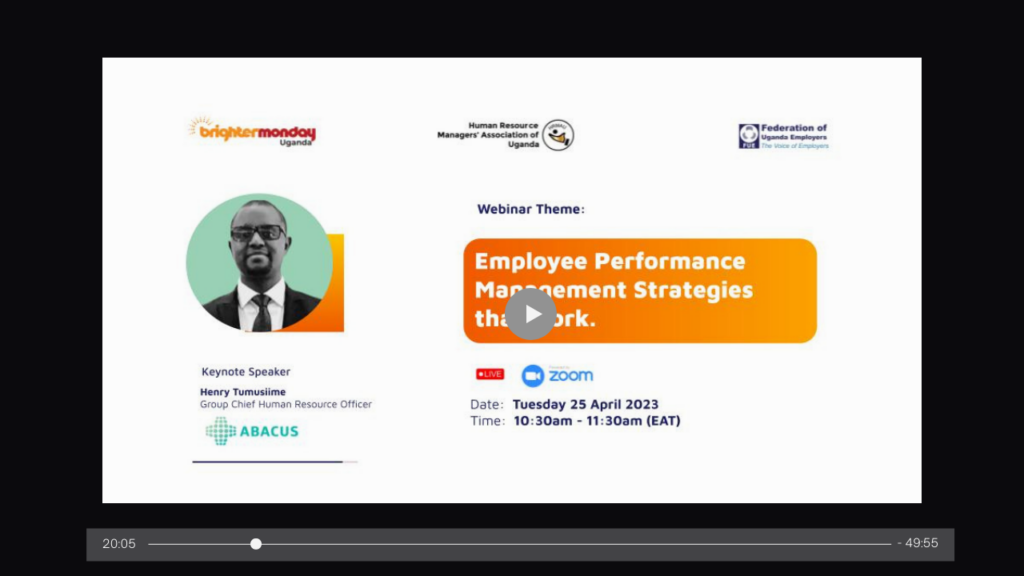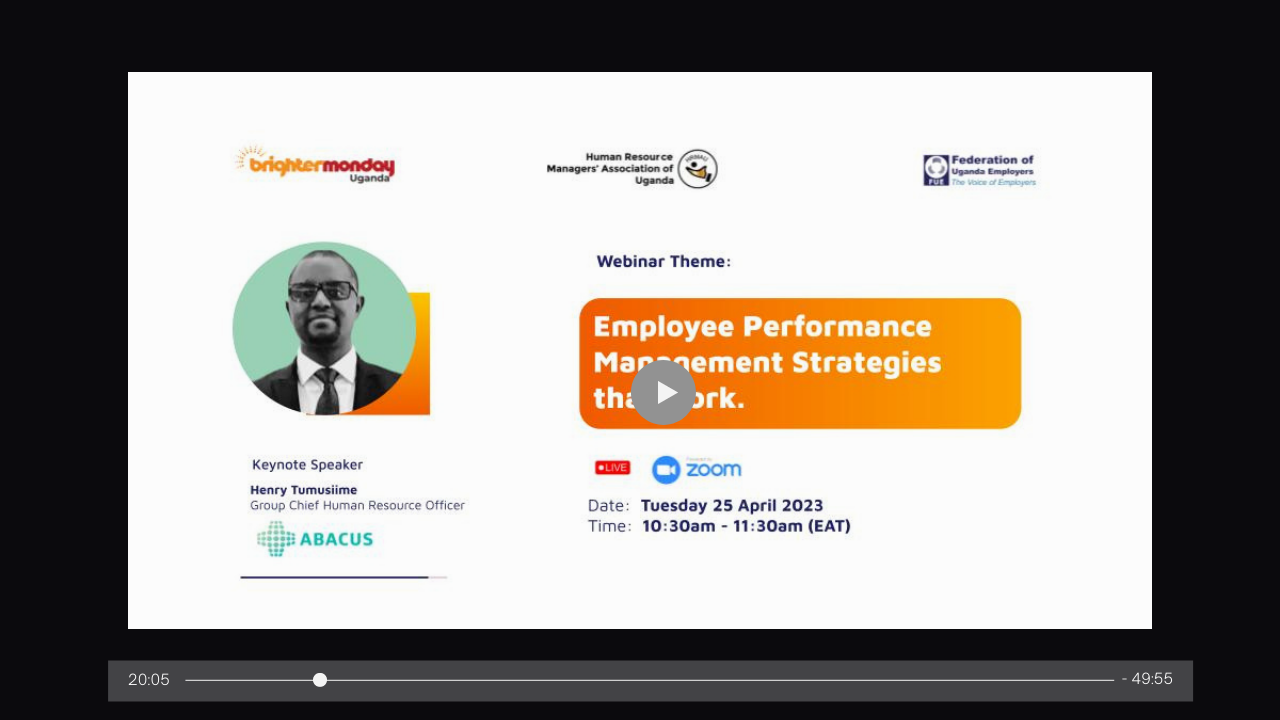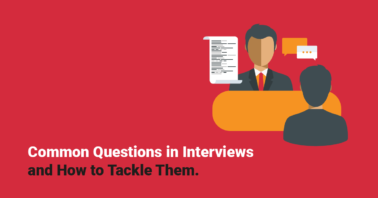Recently, we hosted a webinar featuring Henry Tumusiime, Group Chief HR Officer at Abacus Pharma, who discussed Employee Performance Management Strategies that Work.
We discussed how to develop strategies to manage employee performance, how to deal with poor performance from previous top performers, and how to integrate performance management with organizational culture.
Keep reading to get a full recap of the webinar!
Table of Contents
1. Effective Employee Performance Management
Performance management is an important tool to help companies achieve their objectives and optimize employee performance, by setting goals and expectations, providing feedback and coaching, measuring performance, and rewarding employees for their successes.
2. Strategies to manage Poor Employee Performance
During the webinar, Henry Tumusiime discussed several different strategies he had employed to successfully manage the performance of his staff in Abacus Pharma.
One of his key strategies involved creating a clear set of expectations for each team member and then monitoring those expectations on an ongoing basis to ensure they were being met.
He also discussed the importance of being able to identify when a top performer may be starting to show signs of decreased performance and how best to deal with that situation to maintain a productive team dynamic.
Lastly, he emphasized the importance of integrating a performance management system with the organizational culture so that it fits into the overall way of life at the organization.
All in all, Henry’s advice was highly informative and useful in helping those in attendance learn more about effective employee performance management.
3. Dealing with Poor Performance for a Previous Top Performer
Henry Tumusiime emphasized the importance of talking to the employee in a constructive manner and understanding why their performance has declined.
He recommended being empathetic and offering support and guidance to help them improve.
However, he also advised that if there’s no improvement after several attempts, disciplinary action may be necessary.
He cautioned against any sort of “knee-jerk” reactions as they could damage trust within the organization and hamper further efforts to encourage better performance from other employees.
4. Integrating Performance Management with Organizational Culture
The performance management process is a continuous process that should be integrated into the organization’s culture. This can be achieved through a variety of methods including:
- Designing performance management systems that are aligned with organizational goals;
- Providing feedback in a timely manner;
- Making employees aware of their performance relative to others at the organization (compare and contrast);
- Providing incentives for good performance; and
- Managing expectations.
Link to the SLIDES: 👉 Click Here
Link to the VIDEO here: 👉Click Here
Passcode: 13=VfES0






